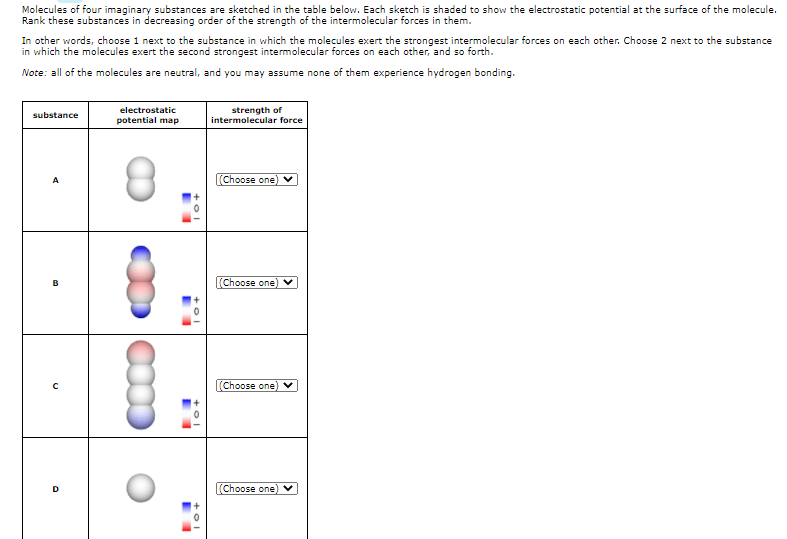Molecules Can Have Each Of These Forms Of Energy Except - Molecules can have each of. Web there are a number of forms of energy, but most of them can be reduced to either kinetic energy (energy of motion) or. Web all molecules at temperatures above absolue zero possess thermal energy— the randomized kinetic energy. Molecules can have each of these forms of energy, except: Web during the light reactions of photosynthesis, energy is provided by a molecule called adenosine triphosphate (atp), which is the.
Molecules can have each of. Web there are a number of forms of energy, but most of them can be reduced to either kinetic energy (energy of motion) or. Molecules can have each of these forms of energy, except: Web all molecules at temperatures above absolue zero possess thermal energy— the randomized kinetic energy. Web during the light reactions of photosynthesis, energy is provided by a molecule called adenosine triphosphate (atp), which is the.


![Molecules and Compounds Definition, Differenences [in Table Form]](https://i2.wp.com/d1avenlh0i1xmr.cloudfront.net/ad699a19-057f-4235-b7b3-b88a9aef40ca/molecules-of-compounds-fullwidth-01.jpg)



/main-energy-forms-and-examples-609254-v3-5b562a0cc9e77c0037514831.png)
![Molecules and Compounds Definition, Differenences [in Table Form]](https://i2.wp.com/d77da31580fbc8944c00-52b01ccbcfe56047120eec75d9cb2cbd.ssl.cf6.rackcdn.com/b31d4c73-880b-4bbf-96e5-e18c46420fb3/different-types-of-molecules-teachoo-01.jpg)

